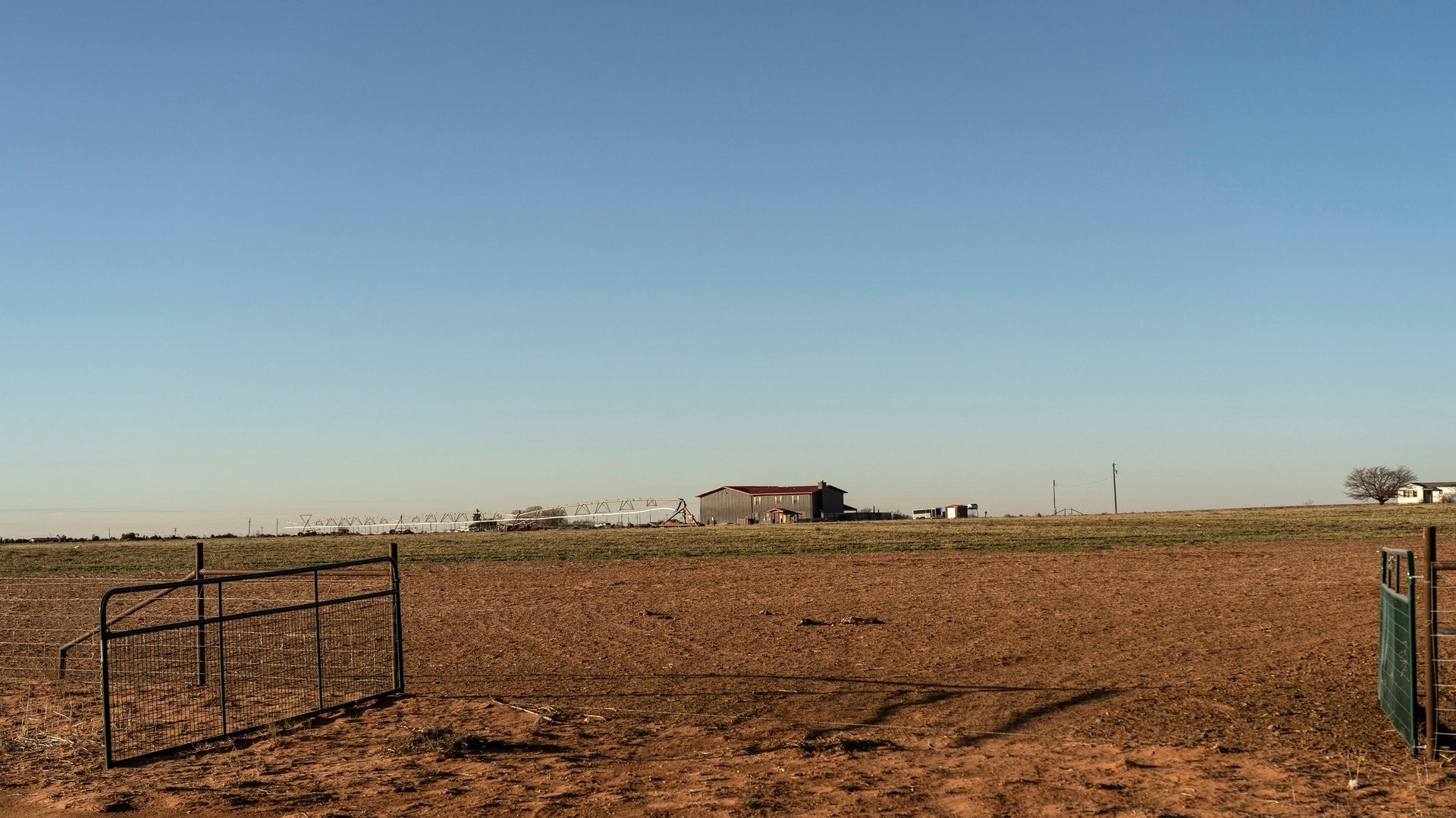The USDA is issuing grants to disadvantaged farmers and ranchers
The US Department of Agriculture (USDA) announced on March 9 that it is accepting grant applications to provide “historically underserved farmers, ranchers, and forest landowners” with technical support for programs and services including agricultural capital and credit as well as agricultural production.


The US Department of Agriculture (USDA) announced on March 9 that it is accepting grant applications to provide “historically underserved farmers, ranchers, and forest landowners” with technical support for programs and services including agricultural capital and credit as well as agricultural production.
It is the latest move in the USDA’s effort to address barriers, including lack of access to land and capital, that have made US farming largely white (pdf). The grants will use a minimum of $25 million from the American Rescue Plan, the $1.9 trillion stimulus designed to facilitate the US’s recovery from covid-19.
But it’s not clear how much these grants will help underrepresented farmers.
“Black farmers don’t need more commissions or long drawn out grant applications processes,” John Boyd, founder of the National Black Farmers Association, wrote in an email to Quartz. “We need our debt relief, accountability, implementation, emergency funding and an end to USDA discrimination.”
As part of the American Rescue Plan, $4 billion in debt relief was set aside for non-white farmers about a year ago. Black farmers have not yet received that aid, due to lawsuits from white farmers who have questioned whether the government can offer debt relief based on race.
The funding is part of President Joe Biden’s broader effort to address racial inequities in farming, which stems in part from from the a history of USDA discrimination against minority farmers.
Racial discrimination in USDA farm programs
In 1920, Black people owned 14% of farms in the US. Today, they own just 1.4%, largely concentrated in the Southeast and Texas. The decline is due in part to years of racial discrimination including land theft and denial of loans from the government and banks.
In 1964, the US Commission on Civil Rights found that the Farmers Home Administration, a service lender within the USDA, provided much larger loans for small white-owned farm, relative to net worth, than it did for similarly sized Black-owned farms across the American South.
Discriminatory loan servicing and loan denial by white-controlled committees forced many Black farmers into foreclosure, after which wealthy landowners, most whom were white, often purchased them, The Atlantic reported.
Between 1950 and 1965, Black farmers in Mississippi (pdf) lost almost 800,000 acres of land. That translates into a loss—which includes both property and income—of $3.7 billion to $6.6 billion in 2019 dollars, according to analysis done for the Atlantic.
The USDA grants will…
The idea is for these grants to provide small farmers and ranchers more support in accessing USDA programs and services, many of which center around business growth. Lack of access and information around USDA services, as well as a lack of transparency and difficulty navigating complex application processes is a common problem in agriculture, the USDA wrote in a press release.
The awards will range from $500,000 to $3.5 million for a five-year partnership with the government. The USDA said applications from domestic nonprofits as well as colleges and universities with expertise in working with underrepresented farmers or providing technical assistance are also encouraged. The deadline is June 1.